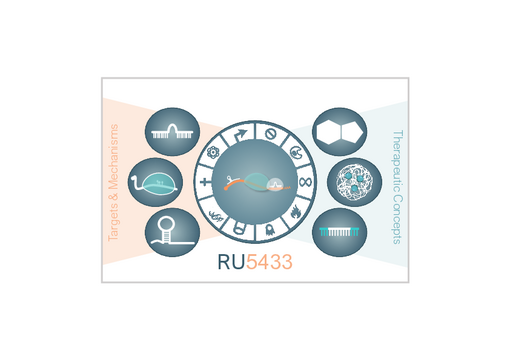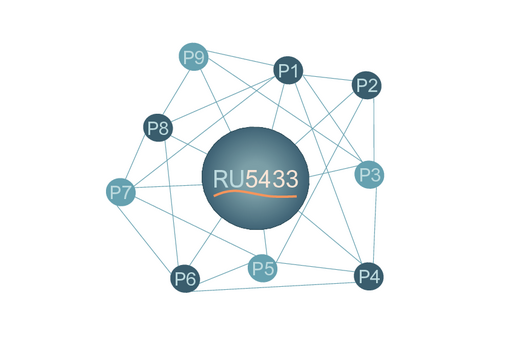In this post-genomics era, it is recognized that – in addition to protein-coding mRNAs – an enormous number and diversity of transcriptional products arise from the none protein-coding genome. The fate and function of the coding as well as non-coding transcriptome is essentially modulated by more than 1500 to date identified RNA-binding proteins (RBPs) in human. While we now know that the myriad non-coding RNA (ncRNA) transcripts in conjunction with RBPs contribute complex layers of regulation to cellular physiology, our knowledge of RNA/RBP-guided Regulation of Gene Expression (R3oGE) is far from being incorporated into our standards of diagnosis and treatment of cancer.
Cancer is the second most common cause of death in Germany with increasing prevalence. Accordingly, there is high demand for novel therapeutic concepts, in particular for malignancies of dismal patient outcome. Current cancer research and treatment efforts mainly focus on protein-coding genes, largely catalytic and receptor proteins. However, technical advances in omics technologies have expedited the identification of novel RNA-binding proteins (RBPs) and a continuously growing number of ncRNAs. This poses a situation in which the discovery of new ncRNAs and RBPs outstrips their functional characterization in oncogenesis – leading to a constantly increasing knowledge gap that limits our efficiency in developing novel therapeutic concepts targeting the R3oGE. The “RNA in focus” Research Unit (RU5433) addresses this knowledge gap by investigating the pathophysiological roles, underlying molecular mechanisms, and therapeutic target potential of ncRNAs and RBPs in cancer.








